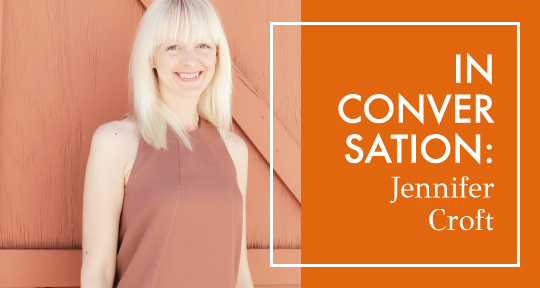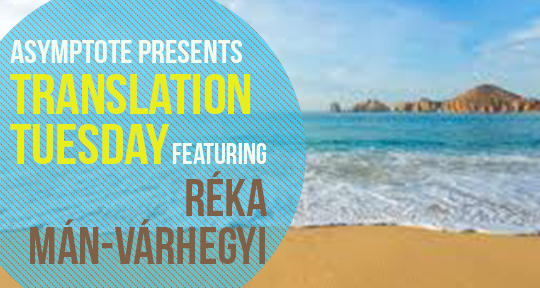From being the co-winner of the 2018 Man Booker International Prize alongside the writer Olga Tokarczuk, Jennifer Croft has just been announced as a judge of the 2020 International Booker Prize. Croft works across Polish, Ukrainian, and Argentine Spanish, and is currently translating The Book of Jacob, a nine-hundred-page epic by Olga Tokarczuk. She is the recipient of Fulbright, PEN, and National Endowment for the Arts grants, as well as the Michael Henry Heim Prize.
In Homesick, Croft’s memoir, words and their meanings shift and shine through in unusual, tender, and life-transforming ways as the subject moves from a family home, to being the youngest person to be enrolled in her undergraduate class, to going through tragic heartbreaks. A most engaging read, the memoir itself has shape-shifted in interesting ways, having started as a Spanish novel and as a blog. The English-language version (Unnamed Press, September 2019) too is accompanied by photographs, which operate as their own language system, bringing, by turns, softness and sharpness to the storytelling. On the occasion of the release of Homesick, poet and previous Social Media Manager of Asymptote, Sohini Basak, spoke to Jennifer Croft over email.
Sohini Basak (SB): I want to start with the photographs. Could you tell us a bit more about the role of photography in childhood and consequently in your memoir?
Jennifer Croft (JLC): Although photography played an enormous role in my childhood and adolescence, I didn’t really remember that until I started writing Homesick. Because I was living in Buenos Aires, Argentina when I wrote the book, I wrote it in my strange Spanish, which is both foreign (since I started learning Spanish only in my late twenties) and very local (since I’ve only ever studied and spoken porteño Spanish in Buenos Aires). In that first Spanish-language version (called Serpientes y escaleras, coming out next year with Entropía), that language provided a sense of suspense about where this character from Tulsa, Oklahoma was going to go next, and how she was going to end up speaking the way she did. READ MORE…


